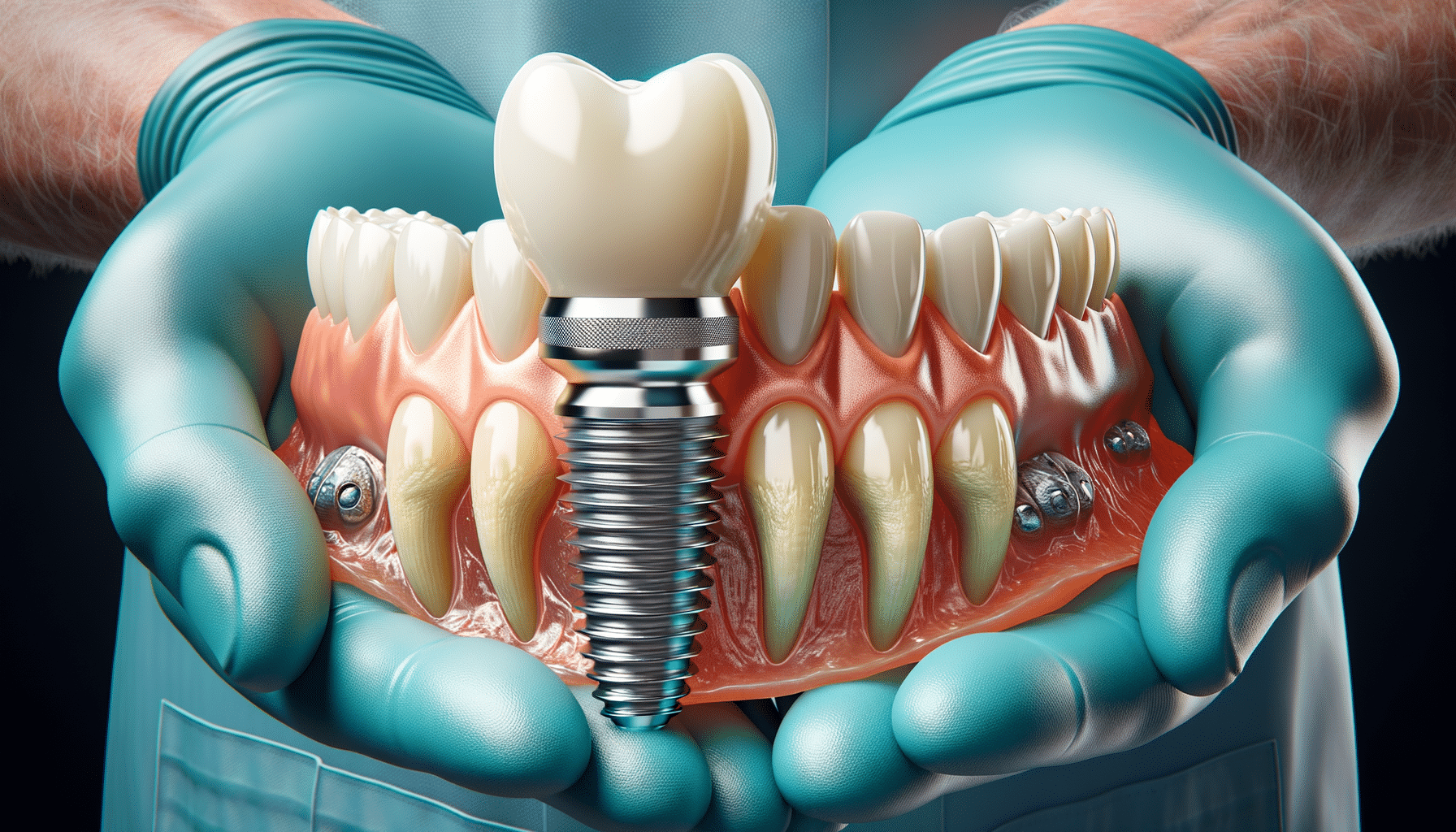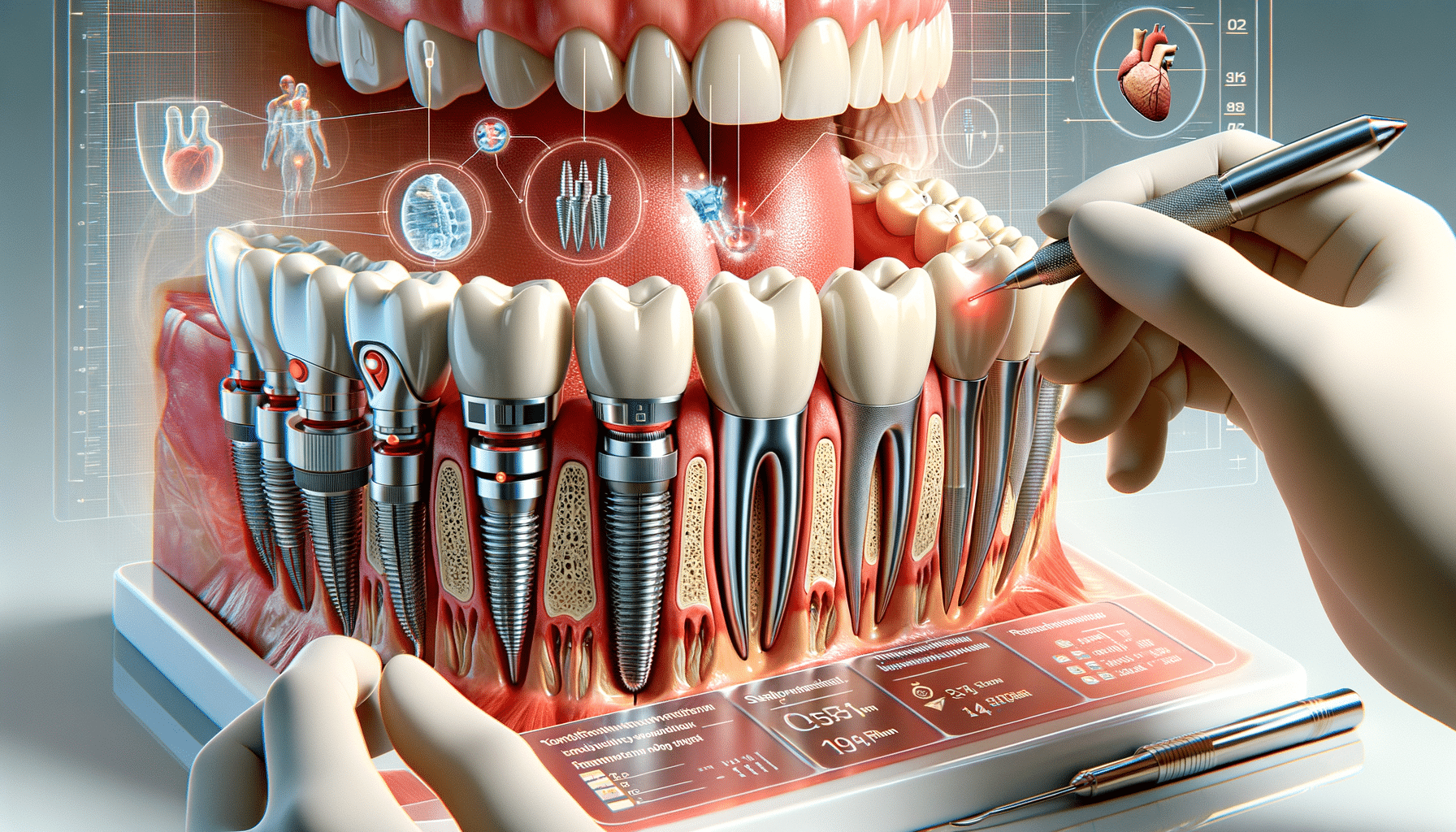
Understanding Dental Implants: Costs and Considerations for Seniors
Introduction to Dental Implants
Dental implants have revolutionized the way we approach tooth replacement, offering a durable and natural-looking solution. As people age, maintaining dental health becomes increasingly important, and dental implants present a viable option for seniors who seek to restore their smiles and improve their quality of life. In this article, we will delve into the intricacies of dental implant pricing and explore their suitability for senior patients, providing you with the information needed to make informed decisions.
Understanding Dental Implant Costs
The cost of dental implants can vary significantly based on several factors. On average, the price range for a single dental implant can be quite broad, influenced by elements such as geographical location, the dentist’s expertise, and the specific materials used. Typically, the process involves multiple stages, including the initial consultation, the surgical placement of the implant, and the attachment of the artificial tooth. Each of these steps incurs costs, which can add up over time.
When considering dental implants, it is essential to evaluate the long-term benefits versus the initial investment. While the upfront cost may seem substantial, dental implants are known for their durability and longevity, often lasting a lifetime with proper care. This makes them a cost-effective choice in the long run compared to other temporary solutions that may require frequent replacement.
For those concerned about financial aspects, many dental practices offer payment plans or financing options to make the process more manageable. Additionally, some insurance plans may cover a portion of the costs, particularly if the procedure is deemed medically necessary. It’s advisable to consult with your insurance provider to understand what aspects of the procedure may be covered.
Dental Implants for Seniors: Benefits and Considerations
Seniors considering dental implants can benefit from improved oral health, enhanced aesthetics, and increased comfort compared to traditional dentures. Implants provide a stable foundation for artificial teeth, eliminating the discomfort and inconvenience often associated with removable dentures. This stability can significantly improve chewing efficiency and speech clarity, contributing to a better quality of life.
However, there are specific considerations for seniors contemplating this procedure. Bone density is a crucial factor in the success of dental implants, as sufficient bone is needed to support the implant securely. Seniors may experience bone loss due to aging or other health conditions, which can affect the feasibility of the procedure. In such cases, bone grafting may be recommended to enhance the bone structure before implant placement.
Another important aspect is the overall health of the patient. Conditions such as diabetes or heart disease can impact the healing process and should be discussed with a healthcare provider before proceeding with the surgery. A thorough evaluation by a dental professional will help determine if dental implants are a suitable option, ensuring a successful outcome.
- Improved oral health and aesthetics
- Enhanced comfort and stability
- Considerations for bone density and overall health
Conclusion: Making an Informed Decision
Dental implants offer a promising solution for seniors looking to improve their dental health and overall quality of life. While the initial investment may seem daunting, the long-term benefits often outweigh the costs, providing a durable and aesthetically pleasing outcome. By understanding the factors influencing dental implant pricing and considering individual health conditions, seniors can make informed decisions that align with their needs and lifestyle.
Consulting with experienced dental professionals and exploring available financial options can pave the way for a successful dental implant journey. Ultimately, restoring a confident smile is an investment in one’s health and well-being, offering lasting benefits for years to come.


